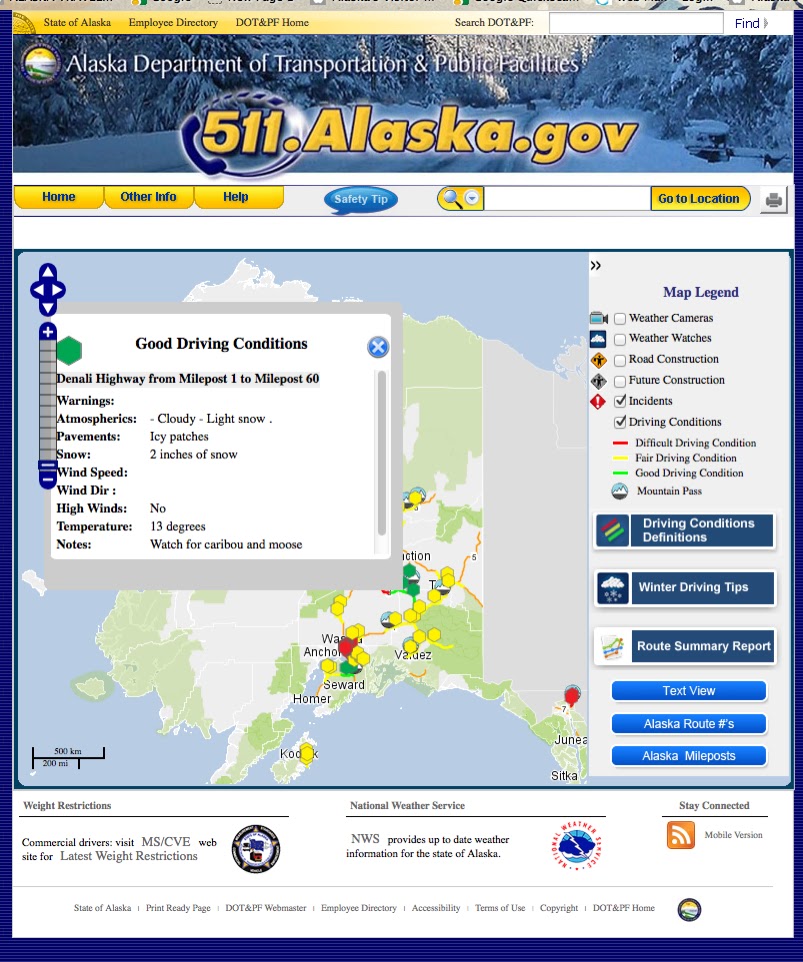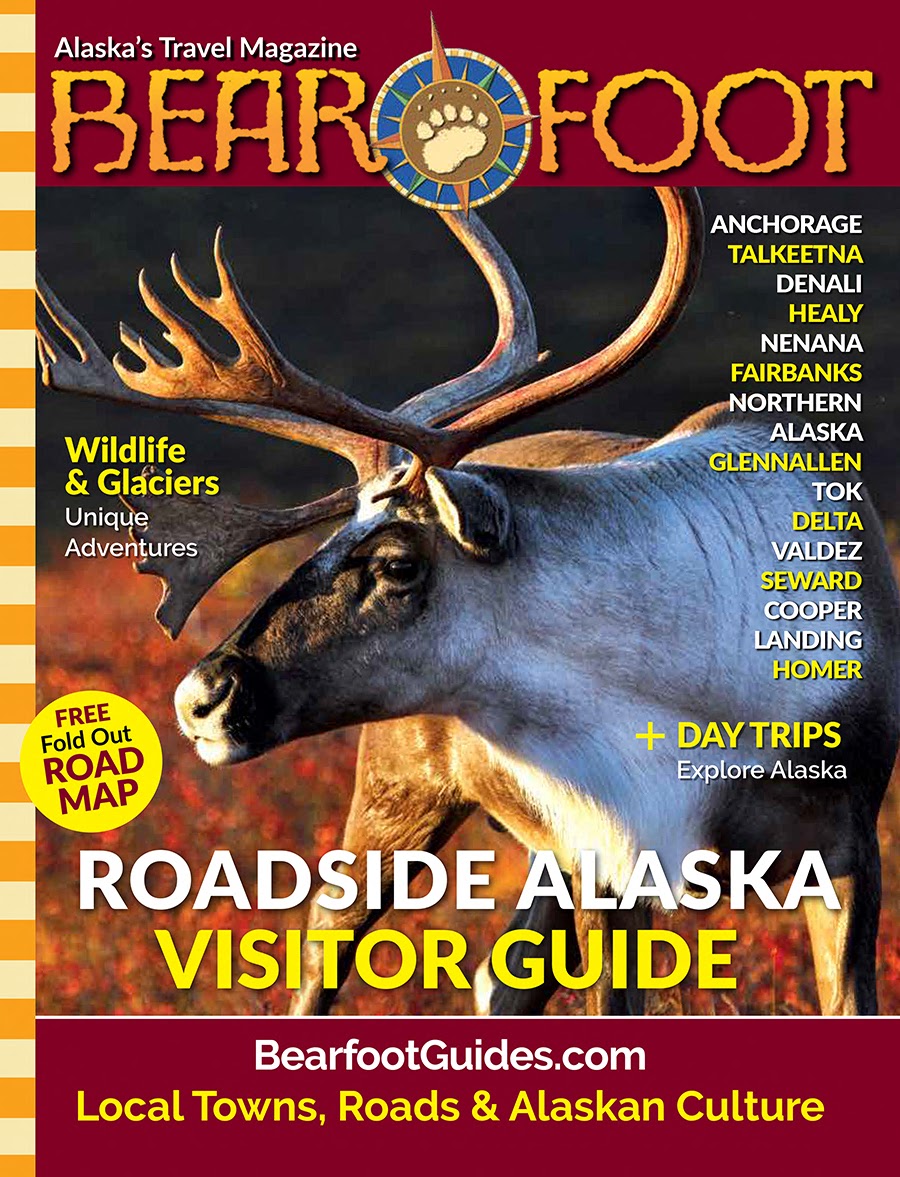The First Copper Valley Thanksgiving During The 1898 Gold Rush. Food & Friendship In Hard Times
Wayback In Copper Valley History: The Ahtna People, Gold Miners & Thanksgiving Copper River Country Journal Let's Look Back At Copp...
Wayback In Copper Valley History: The Ahtna People, Gold Miners & Thanksgiving
Copper River Country JournalLet's Look Back At Copper Valley History
The waning days of November were a touchstone. A time for inbound miners to give thanks, even in this far off place. On November 24th, 1898. Horace Conger, a Minnesota pharmacist from the little town of Mankato, was hunkered down for the winter in a thrown-together log cabin in Copper Center, when word came of gold to be found in the Tiekel River Valley. He set out with a small band of others in the bitter cold and dark.
The sun was setting at around 3:45 and not rising until after 9 am. He and his little party promptly got lost, and what had set out to be an expedition to stake claims turned into a fight for survival and a search for abandoned cabins.
On Thanksgiving Day, they finally stumbled across an Ahtna home on Tonsina Lake. As they leaned on the generosity of Native Americans, feasting on dried salmon, and having their worn mittens mended by an Ahtna woman with moose sinew, they thought of Thanksgiving. The Ahtna pointed them in the right direction, and the next day they started back to their cabins on the Klutina River.
One miner fell through the ice (a deadly and all-to-common occurrence) but was fortunately saved and tended to by a miner who happened to be passing by. Another thing to be thankful for.
Small stories of unexpected kindnesses were echoed by a government explorer, Edward Cashman, who did the rounds at Thanksgiving in Alaska’s wilderness. In a way that won’t surprise anyone who’s wandered from house to house on Thanksgiving Day, he ate a full meal at every place he stopped:
"We arrived opposite Copper Center at 4 o'clock Thanksgiving Eve. We were obliged to leave the horses, as the Klutena River ice would not hold them. As it was, when we crossed, we broke through several times, and then had to go up Copper River. When we got to Mr. Amy's cabin they could not believe it was us, as they told us it was 65º below zero the last three nights when we stood around the camp fire. We were so hungry we ate supper at Mr. Amy's cabin, then went to Mr. Fisher's cabin and had another good supper. We still felt empty, so we went to the hotel and had another supper. Notwithstanding this we still felt hungry."
A page or so later, in his government report, Cashman noted:
"I wish to say a word of thanks for the Indians whom we met down the river. They treated us most kindly. They would come out 3 or 4 miles to meet us and invite us to their houses, where they would share their food with us…Whenever we went to their houses they would seat us close to the fire and look us over. If our mittens or moccasins were torn they would take them from us and repair them…"
Of course, for the Ahtna, "Thanksgiving" was a day like any other. The sharing of food and hospitality was just part of everyday life. But for military personnel and explorers, incidents like these showed them there really is a true meaning behind that day. Their dangerous, lonely holiday far from home came complete with food, kindness, caring attention – and even music. As Cashman wrote of his wilderness hosts:
"We found them very pleasant and sociable. We would sing and they would sing. They knew such songs as 'John Brown's Body,' 'Marching Through Georgia,' and 'A Hot Time In The Old Town.'
It was Alaska. It was Thanksgiving. It was a time when newcomers benefited from the knowledge and friendship of people who had lived here for thousands of years.

















